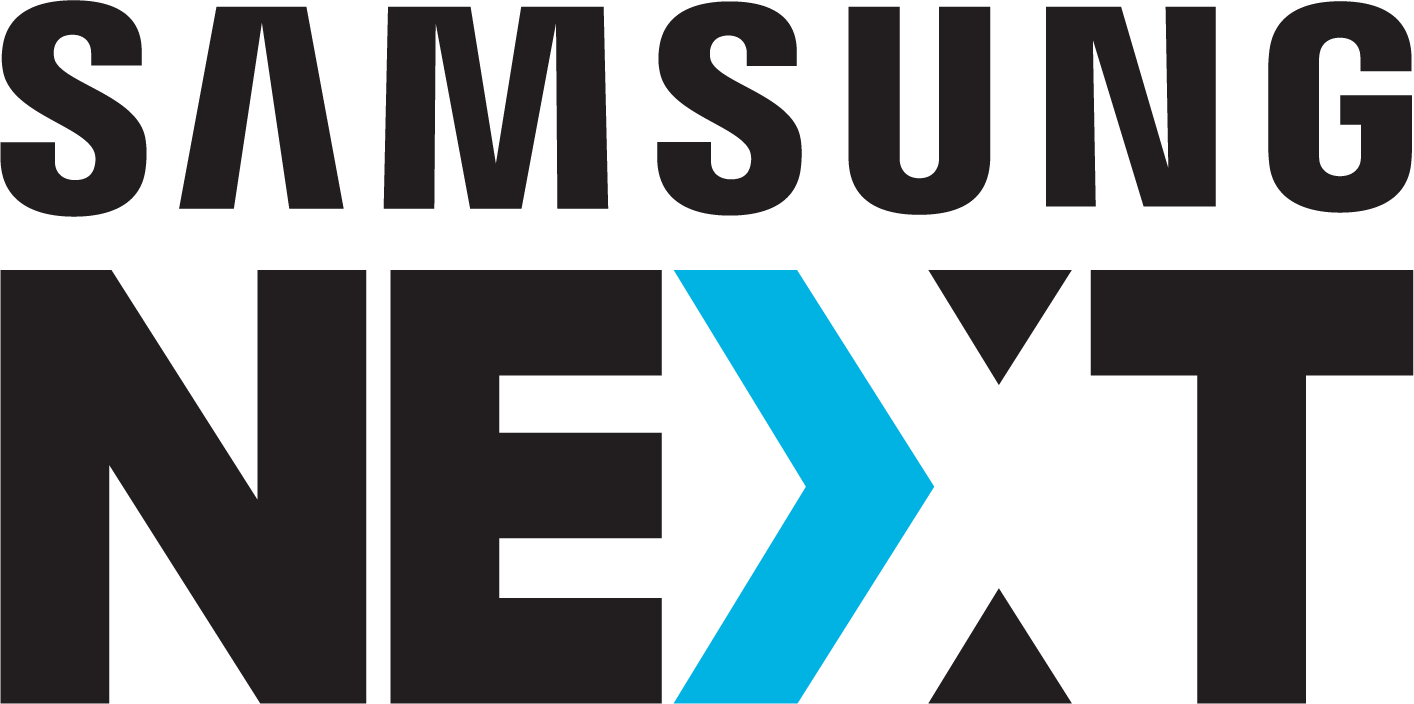How NEC Labs is using AI to change healthcare
This article is part of our “How AI is changing the world” event series, held in San Francisco, New York, and Tel Aviv from June to November 2019, featuring insights by leading scientists and entrepreneurs on how AI will change healthcare, communication, agriculture, travel, and other industries. Check out all 12 talks here.
******
NEC Labs, a subsidiary of Japan's giant NEC Corp., opened its Israel research facility with the purpose of focusing on applied AI for computer vision, healthcare, and cybersecurity. Tsvi Lev, the head of NEC Labs Israel, is optimistic about the future of AI, but cognizant of its challenges.
In Tsvi's opinion, there is “a lot of fluff" around AI in healthcare. As an example of its shortcomings, he says, medical patients over the age of 60 are at 2 to 3 percent risk of having a condition complicated by or worsened by a biopsy. AI, he notes, cannot decide whether to run the biopsy. The job of an AI system is to provide medical evidence to support a doctor's decision.
AI can be a great tool, but there is also room for error. Referring to a specific case study, Tsvi says engineers trained an AI system to identify potentially cancerous melanomas on the skin. It turned out that in some places in the world, physicians would mark suspected melanomas with blue ink. The AI system was never taught this, so it automatically interpreted the blue marks as malignant tumors — which was not necessarily accurate.
The main purpose of AI in healthcare is to identify problems overlooked by human physicians, Tsvi says. The number of images keeps growing exponentially, but the number of physicians is growing linearly, he says. As a result, there are never enough people around to view and interpret all the images.
Moreover, Tsvi says, no diagnostic imaging solution is capable of interpreting even 10 percent of the roughly 200 different medical conditions a physician needs to be capable of identifying.
This is where NEC Labs come in: It works on integrating different AI-based solutions in pathology, radiology, ophthalmology, and other fields of study into single packages.
"We don't invent the core algorithm, that's going to come for many sources," he says. "We are trying to combine them into a product that in two, three, or five years will be deployed around the world."
As all these case studies demonstrate, AI can be applied to a range of areas, from healthcare to traffic safety. What these and countless other tech companies have in common is the fact that they are actively leveraging AI to try to make the world a better place.

